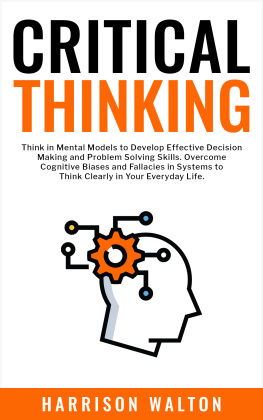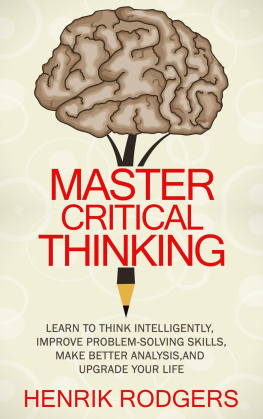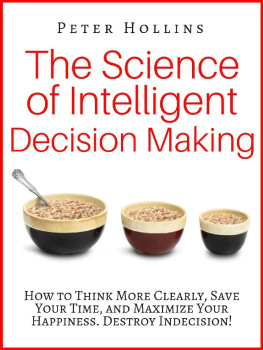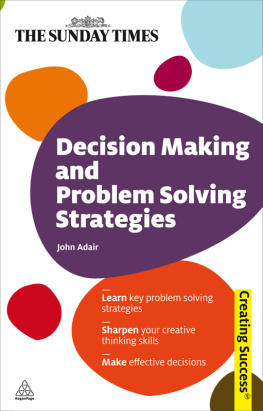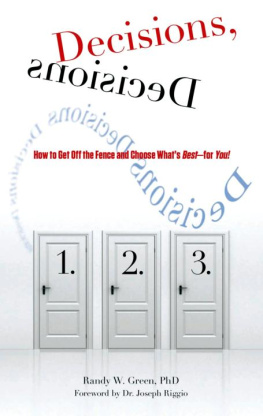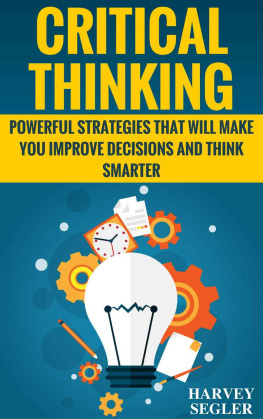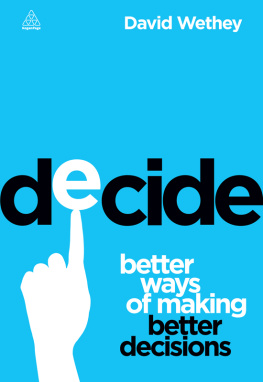Copyright 2020 - All rights reserved.
The content contained within this book may not be reproduced, duplicated or transmitted without direct written permission from the author or the publisher.
Under no circumstances will any blame or legal responsibility be held against the publisher, or author, for any damages, reparation, or monetary loss due to the information contained within this book, either directly or indirectly.
Legal Notice:
This book is copyright protected. It is only for personal use. You cannot amend, distribute, sell, use, quote or paraphrase any part, or the content within this book, without the consent of the author or publisher.
Disclaimer Notice:
Please note the information contained within this document is for educational and entertainment purposes only. All effort has been executed to present accurate, up to date, reliable, complete information. No warranties of any kind are declared or implied. Readers acknowledge that the author is not engaging in the rendering of legal, financial, medical or professional advice. The content within this book has been derived from various sources. Please consult a licensed professional before attempting any techniques outlined in this book.
By reading this document, the reader agrees that under no circumstances is the author responsible for any losses, direct or indirect, that are incurred as a result of the use of information contained within this document, including, but not limited to, errors, omissions, or inaccuracies.
Table of Contents
A Comprehensive Beginner's Guide to Understanding
Theories of Intelligence, Quick Thinking, Smart Decision
Making Through Fast Thought Processing
Simple Methods and Strategies to
Mastering Smart Decision Making
Improve Your Thinking Process, with
Advanced Intelligent Thinking Methods and Rules
Intelligent
Thinking
A Comprehensive Beginner's Guide
to Understanding Theories of Intelligence, Quick Thinking, Smart Decision Making Through Fast Thought Processing
Cathrine
Kowal
Introduction
Understanding Intelligence
People typically equate an intelligent person as someone whos academically excellent, or to some extent, being book smart. They excel in mathematics, science, logic, and reasoning. Theyre full of scientific knowledge and skills and can apply those in numerous ways. Surmise to say, people believe that they can naturally achieve great things.
Meanwhile, people who dont exhibit the above-mentioned characteristics are automatically labeled as average. For instance, many dont consider an individual who is proficient in multiple languages an intelligent person but only as someone skillfulthats all. This is now proven a wrong conception.
Intelligence has been one of the most controversial subjects for many years and yet until now, there is no standard definition of truly constitute intelligence. But what exactly is intelligence? There are some researchers who suggested that it is a single, general ability. However, there are others who strongly opposed believing that intelligence encompassed a range of skills, aptitudes, and talents. In todays psychological landscape, intelligence is generally defined as the capacity to learn from experiences and adapt to ones environment.
How Intelligence is Defined by Psychologist
Throughout various points in the history of psychology, researchers provide multiple definitions to the word, intelligence. While these definitions vary according to theories, the present concept of intelligence involves the level of ability to do the following:
Learn the acquisition, usage, and retention of knowledge is a significant component of intelligence
Recognize problems In the course of applying knowledge, people must be able to identify possible issues that need to be addressed.
Solve problems - People need to apply what they have learned to come up with possible solutions to problems they had recognized.
Intelligence involves the use of different mental abilities such as:
Logic and reasoning
Problem-solving
Planning
Although researchers and psychologists have some disagreements when it comes to defining intelligence, research on this subject plays a major role in many areas of development. These areas include the use of testing tools to assess job applicants or the use of testing to assess if a student needs additional help in academic.
The Development of the Concept of Intelligence
The term Intelligent Quotient or IQ was first coined by William Stern, a German psychologist in the 20th century while it was Alfred Binet, another psychologist who developed the first intelligent tests to aid the French government in identifying school children who needed extra academic assistance. The concept of mental age was also first introduced by Binet. This concept is a set of abilities possessed by children of certain ages.
It was at that point when intelligence testing was widely used as a tool that led to the development of other tests of skill and aptitude. This development, however, didnt put to rest the different opinions and formulations regarding the use of such testing, cultural biases, influences on intelligence and even in defining intelligence.
History of General Intelligence
The first man to propose the theory of intelligence was Francis Galton who was influenced by Charles Darwin who happened to be his first cousin. According to Galton, intelligence was a real faculty with a biological basis which could be studied by measuring reaction times to specific cognitive tasks. Galton took the effort of measuring head sizes of some British scientists along with a number of ordinary citizens and yet found no correlation between the head size and what he defined as intelligence.
It was around 1900 when Alfred Binet started administering intelligence tests to school-age children in France in a more in-depth search for understanding of human intelligence. It was his goal to develop a form of measurement that would help establish the difference between normal and subnormal children. Theodore Simon, who served as his assistant helped him develop the test for measuring intelligence which later became known as the Binet-Simon Scale, the predecessor of the modern IQ test.
In 1904 an article about General Intelligence was published by Charles Spearman in the American Journal of Psychology. In the said article, Spearman made the conclusion after studying results of a series of studies collected in England that there was a common function across intellectual activities he referred to as g or general intelligence. Since then, additional succeeding research found g to be related to many social outcomes and was considered to be the only predictor of successful job performance. Currently, the American Psychological Association defines intelligence as involving a three-level hierarchy of intelligence factors with g at its highest level.


